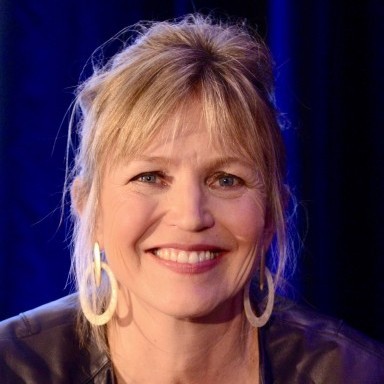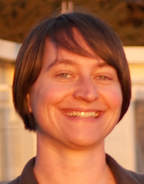Data Science and the Fight for Human Rights

Highlights
Data scientists are involved in a wide array of domains, everything from healthcare to cybersecurity to cosmology. Megan Price and her colleagues at the Human Rights Data Analysis Group (HRDAG), however, are using data science to help bring human rights abusers to justice.
The nonpartisan group played a key role in the case of Edgar Fernando García, a 26-year-old engineering student and labor activist who disappeared during Guatemala’s brutal civil war. Price, the executive director of HRDAG, says the investigation took years, but their work led to the conviction of two officers who kidnapped Garcia and the former police chief who bore command responsibility for the crime. “It was one of the most satisfying projects that I’ve worked on,” she says. Price discussed the case in more detail as well as other cases she’s worked on over the years and the role data science played in an interview recorded for the Women in Data Science podcast recorded at Stanford University.
For a recent project in Syria, Price’s group used statistical modeling and found information previously unobserved by local groups tracking the damage caused by the war. Similarly, in Mexico, she expects HRDAG to gain a better understanding of in-country violence by building a machine learning model to predict counties with a higher probability of undiscovered graves.
Price hopes that in the future human rights and advocacy organizations will have their own in-house data scientists to further combat social injustices around the world, and she believes that data science will continue to play an important role in the field. She advises young people entering the field of data science and social change to learn a programming language, pick an editor and find mentors and cheerleaders to help them along the way.

About the Host
Margot Gerritsen
Stanford Professor [Emerita] Margot Gerritsen is the Executive Director and co-founder of Women in Data Science Worldwide (WiDS) and born and raised in the Netherlands. Margot received her MSc in Applied Mathematics from Delft University of Technology before moving to the US in search of sunnier and hillier places. In. 1996 she completed her PhD in Scientific Computing & Computational Mathematics at Stanford University and moved further West to New Zealand where she spent 5 years at the University of Auckland as a lecturer in Engineering Science. In 2001, she returned to Stanford as faculty member in Energy Resources Engineering. Margot was the Director of the Institute for Computational & Mathematical Engineering (ICME) at Stanford from 2010-2018 and the Senior Associate Dean for Educational Affairs in Stanford’s School of Earth Sciences from 2015-2020. In 2022, Margot took Emerita status to devote herself to WiDS full time. Margot is a Fellow of the Society of Industrial & Applied Mathematics, and received honorary doctorates from Uppsala University, Sweden, and the Eindhoven University of Technology in the Netherlands. She now lives in Oregon with her husband Paul.
Connect with Margot Gerritsen on Twitter (@margootjeg) and LinkedIn.
Find out more about Margot on her Stanford Profile.


